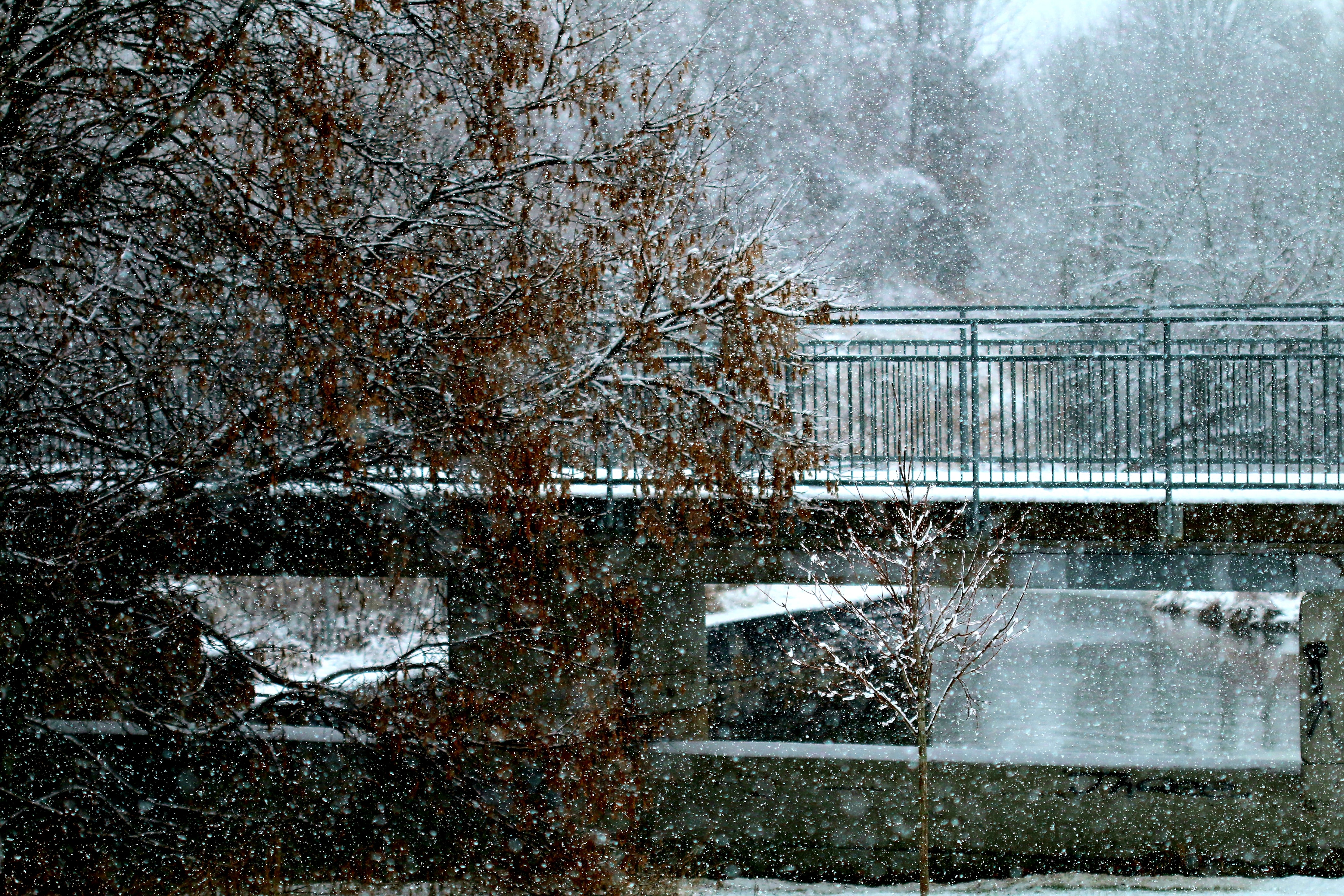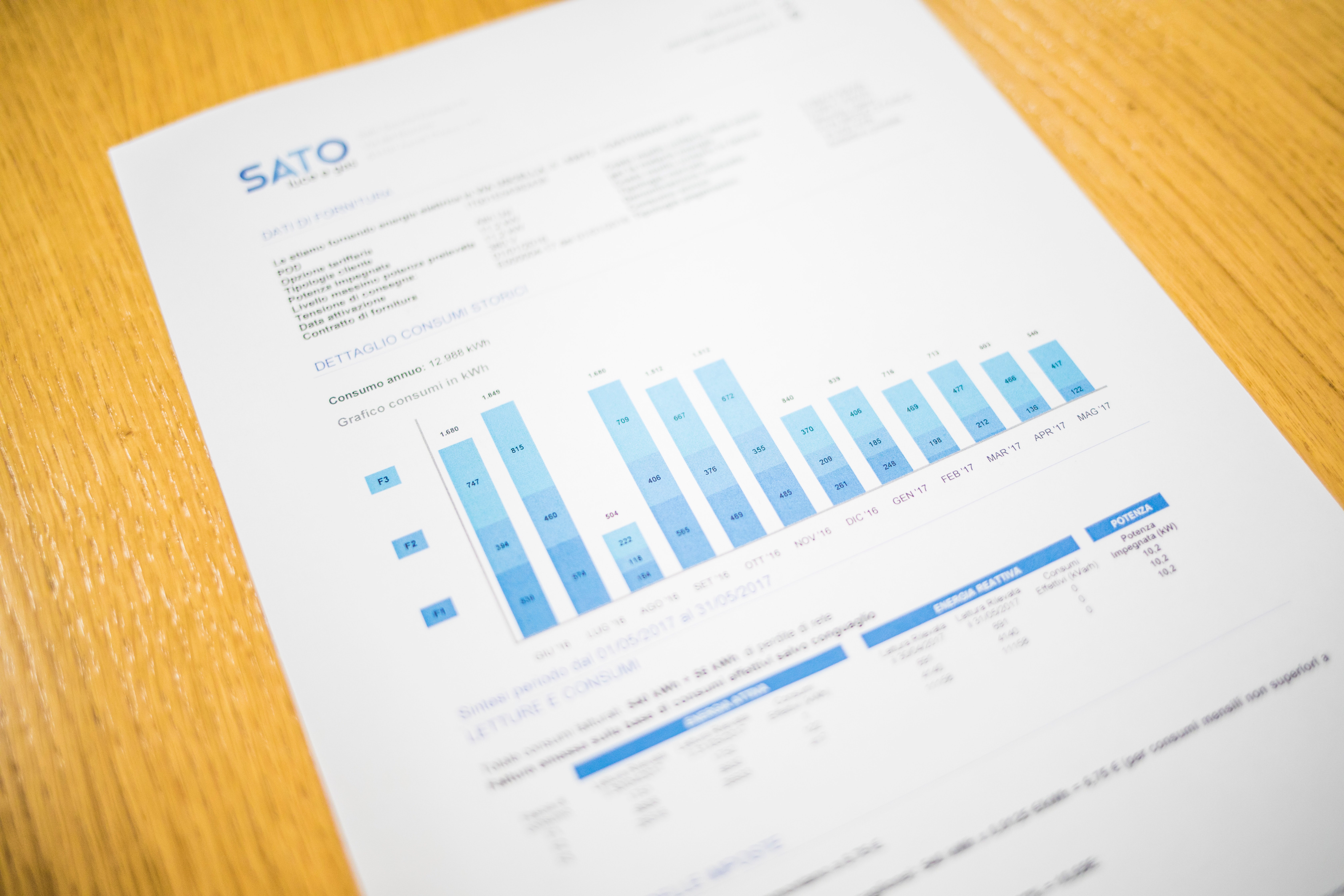2019 has been a terrible year for energy consumers, as price hikes have caused fuel poverty in the UK. Energy prices have been on a record rise in 2019 according to auto-switching services, with nearly all the big suppliers raising gas & electric prices. The severity of energy price hikes in 2019 is unprecedented, and has affected many homes in 2019. On the average price, the increase has risen from £75 in 2018 to about £110 in 2019.
Cause of Price Hikes
Ofgem, which is the regulatory body of energy supplying industries, was initially set up to regulate energy prices. Ofgem’s power to set prices was withdrawn as more and more private investors ventured into the energy supply sector. It was thought that allowing the increasing number of energy suppliers to set their prices would ensure competition and therefore energy prices would be low. However, instead of prices crashing down, it has been on a steady increase.

It is expected that this winter energy prices will go higher. This is primarily because most of the electricity consumed in the UK is imported from Germany, France, and other European countries. Obtaining the raw materials and transporting energy sources creates extra issues for energy supplying firms. This leads to a winter energy price hike. That’s not all; bad weather conditions such as snow and rain can damage power lines, cause power cuts, and result in higher repair and maintenance costs. All these factors result in added extra energy costs for end-users during the winter season.
Energy Price Cap
Energy price cap regulations came into effect in January 2019, but they appear to have been unsuccessful, as evident in the sharp hike of energy prices. The price cap is implemented into the act of Parliament for Gas and electricity and is monitored by Ofgem. The aim is to protect the consumer’s interest and keep energy prices low. It attempts to trim the energy bills of end-users by setting a price limit for suppliers. However, the energy price cap has failed to get consumers the best deals on the market or prevent energy suppliers from charging more. Energy suppliers across the UK have raised prices on many deals close to the limit of the price cap, to offset money lost on other contracts.

Most of the energy suppliers have significantly raised their standard variable tariffs close to the £1,254 limit, despite the existing regulations against the price increase. The increased standard variable has collectively added about £1.2 billion to energy bills across the UK, putting many homes into fuel poverty. Energy suppliers have seen loopholes in the energy price cap, and they are exploiting it by hiking the price of fuel. What is astonishing, however, is that wholesale energy cost is on a drastic decline, but energy bills aren’t getting lower.
Energy suppliers have hit consumers with 42 price rises in 2019 compared with just 15 in 2018.
Ways of Saving Energy

There are many ways you can to save energy in your home or office. You should save energy in order to keep your utility bills low and also to protect the environment. Behavior modification or home improvement approaches can save you a lot of energy costs during this winter season.
Here are a few proven methods you can adopt to save energy at home.
- Energy-saving equipment and appliances
- Turning off lights and appliances when you don’t need them.
- Less use of energy-intensive appliances
- Using less air conditioning in summer and reducing heat on the thermostats during winter
- Using smart power strips
- Install energy-efficient windows
- Insulating your home, including the roof
- Replacing old heating systems
- Monitoring your energy usage
